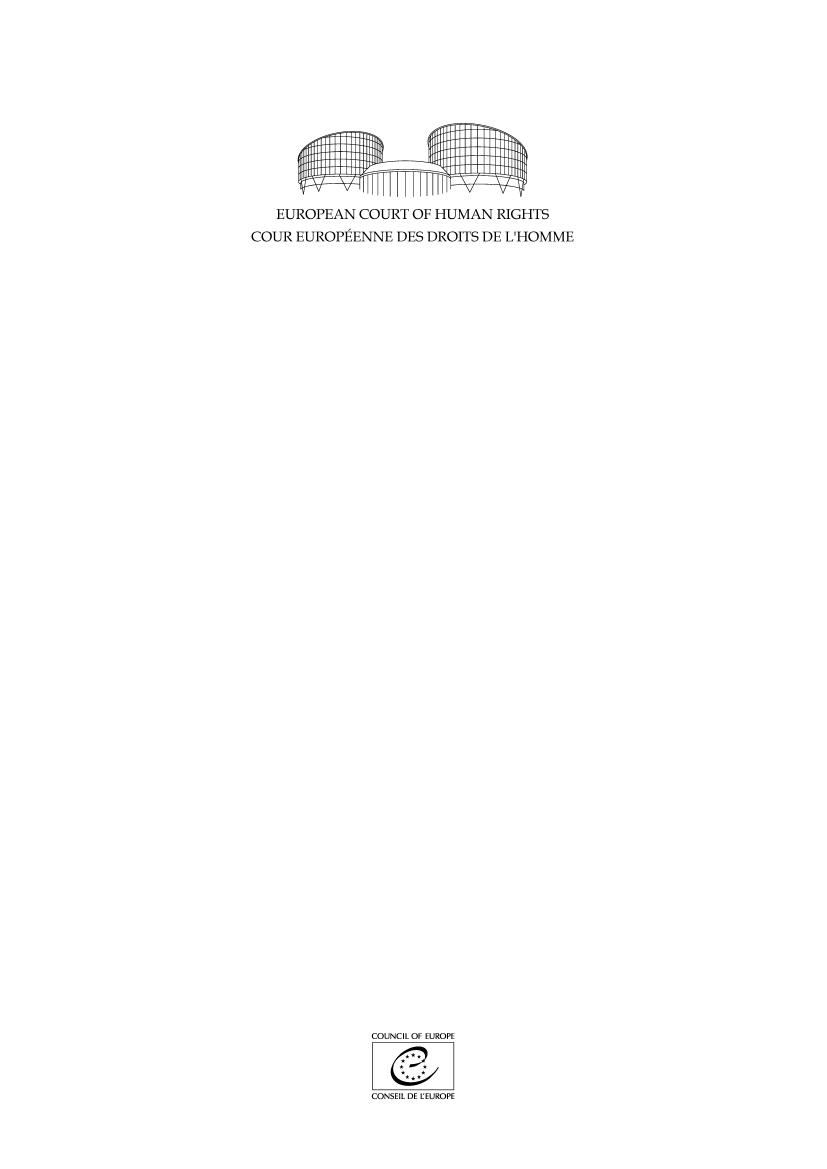
SECOND SECTION
DECISION
Application no. 55607/09
H.P.
against Denmark
The European Court of Human Rights (Second Section), sitting on
13 December 2016 as a Chamber composed of:
Işıl Karakaş,
President,
Julia Laffranque,
Nebojša Vučinić,
Paul Lemmens,
Ksenija Turković,
Jon Fridrik Kjølbro,
Stéphanie Mourou-Vikström,
judges,
and Stanley Naismith,
Section Registrar,
Having regard to the above application lodged on 1 October 2009,
Having deliberated, decides as follows:
FACTS AND PROCEDURE
1. The applicant, Mr H.P., is a Danish national. He was born in 1944 in
Iran. He lives in Copenhagen.
2. The President of the Section granted the applicant’s request for his
identity not to be disclosed to the public (Rule 47 § 3).
3. He is represented before the Court by Mr Jens Brøsted, Special
Advisor for the “Documentation and Advisory Centre on Racial
Discrimination” (DACoRD), an NGO in Copenhagen, and “Open Society
Justice Initiative”, an NGO in New York. The Danish Government (“the
Government”) were represented by their Agent, Mr Tobias Elling Rehfeld,
from the Ministry of Foreign Affairs and their Co-agent, Mrs Nina Holst-
Christensen, from the Ministry of Justice.